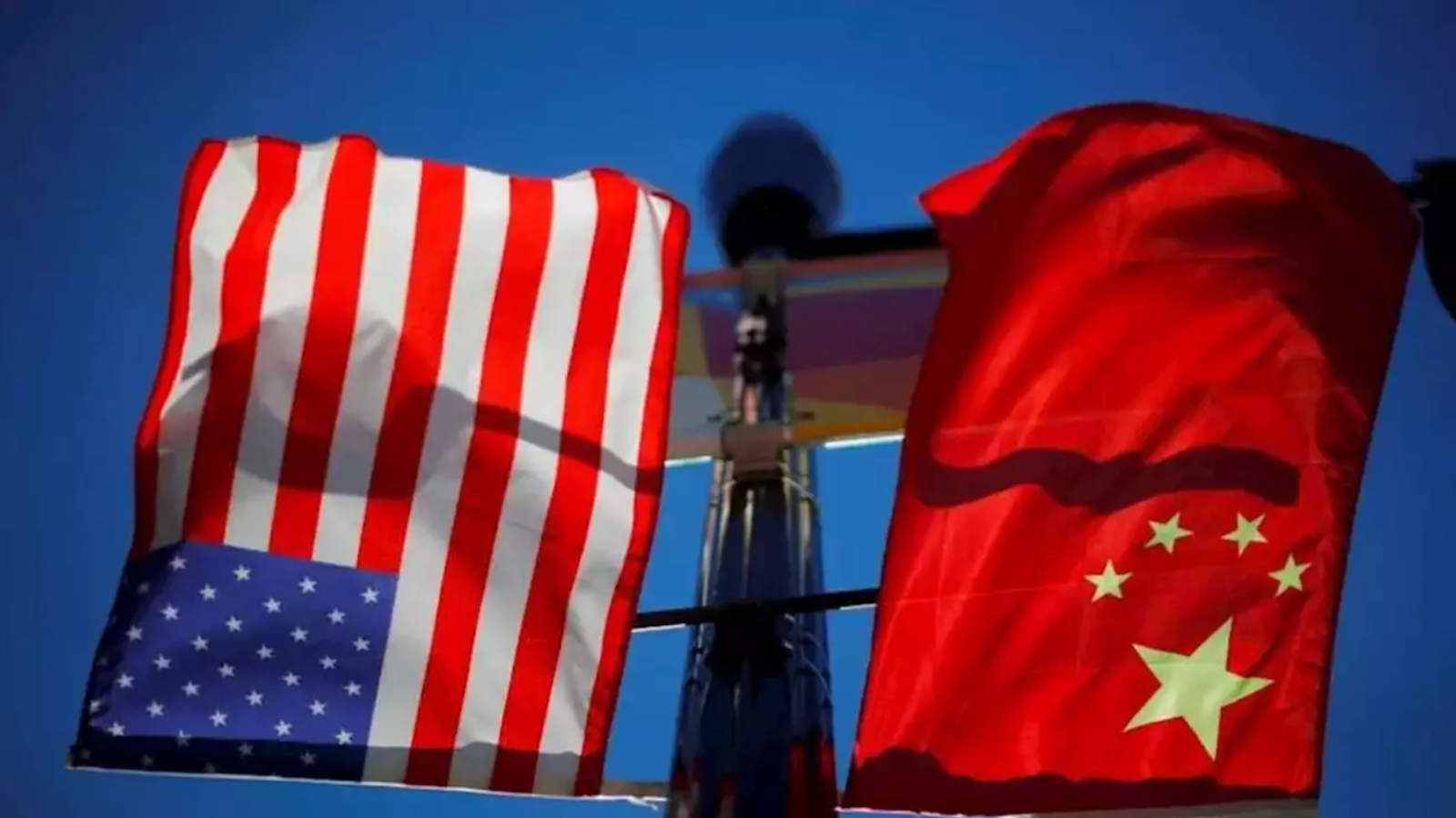The United States has raised concerns about China’s extensive and costly efforts to manipulate perceptions through influence, censorship, and disinformation on a global scale, warning that these endeavors could pose a threat to global freedoms.
In a statement, a spokesperson from the State Department highlighted China’s substantial investment in constructing a global information ecosystem designed to advance its propaganda, facilitate censorship, and disseminate disinformation.
The warning came following the release of a report by the Global Engagement Center, which revealed China’s use of deceptive and coercive methods to influence the international information environment and gain an advantage.
“Beijing has invested billions of dollars to construct a global information ecosystem that promotes its propaganda and facilitates censorship and the spread of disinformation,” the State Department spokesperson said in a statement on Thursday following the publication of the Global Engagement Center’s report.
The report emphasized the potential consequences of China’s unchecked efforts, stating that they could reshape the global information landscape, introduce biases and gaps, and potentially lead nations to make decisions that prioritize Beijing’s interests over their own economic and security concerns.
China has recently intensified its influence campaigns on social media platforms such as X (formerly Twitter) and YouTube, with a particular focus on contentious issues such as Xinjiang, the South China Sea, and Taiwan.
Additionally, Chinese state media has formed editorial partnerships with traditional and online media outlets worldwide, sometimes acquiring control of these outlets.
The US report identified five key elements of China’s global media strategy, which include propagating propaganda and censorship, promoting digital authoritarianism, leveraging international organizations and bilateral partnerships, combining co-optation with pressure tactics, and exerting control over Chinese-language media.
Taiwan, the self-governing island claimed by Beijing, has long been a battleground for China’s media influence.
Also Read: OpenAI Introduces ChatGPT’s New Voice Feature For Back-And-Forth Conversations
Taiwanese Foreign Minister Joseph Wu expressed concerns about Beijing intensifying its misinformation and disinformation campaigns in the lead-up to Taiwan’s presidential elections in January. Wu also noted China’s efforts to shape the narrative about Ukraine among the Taiwanese people.
As of 2021, nearly 100 influencers were identified as disseminating official Chinese messaging across various social media platforms in multiple languages, reaching an audience of over 11 million people, according to the State Department.




